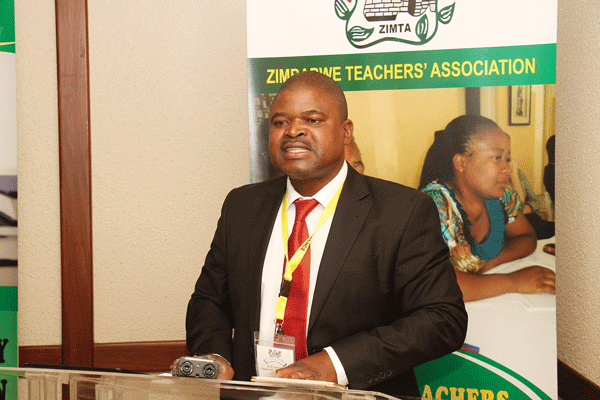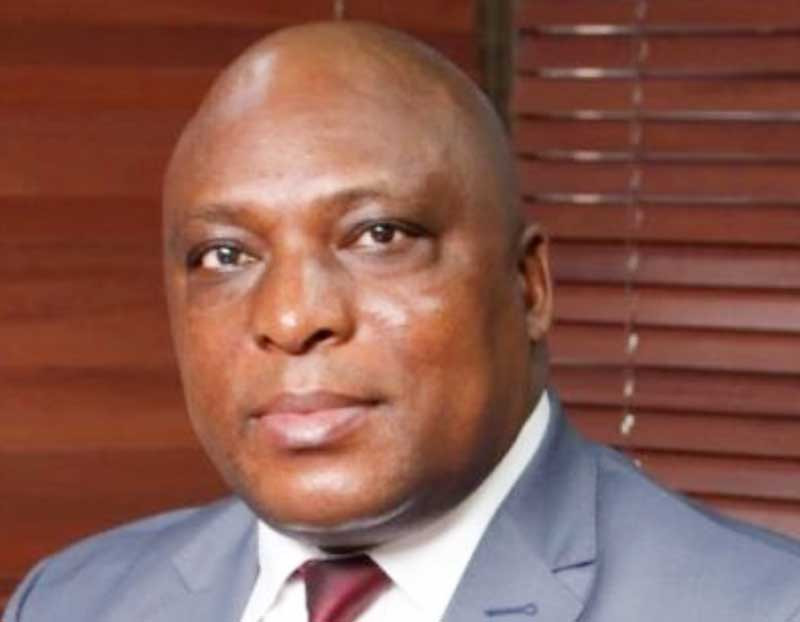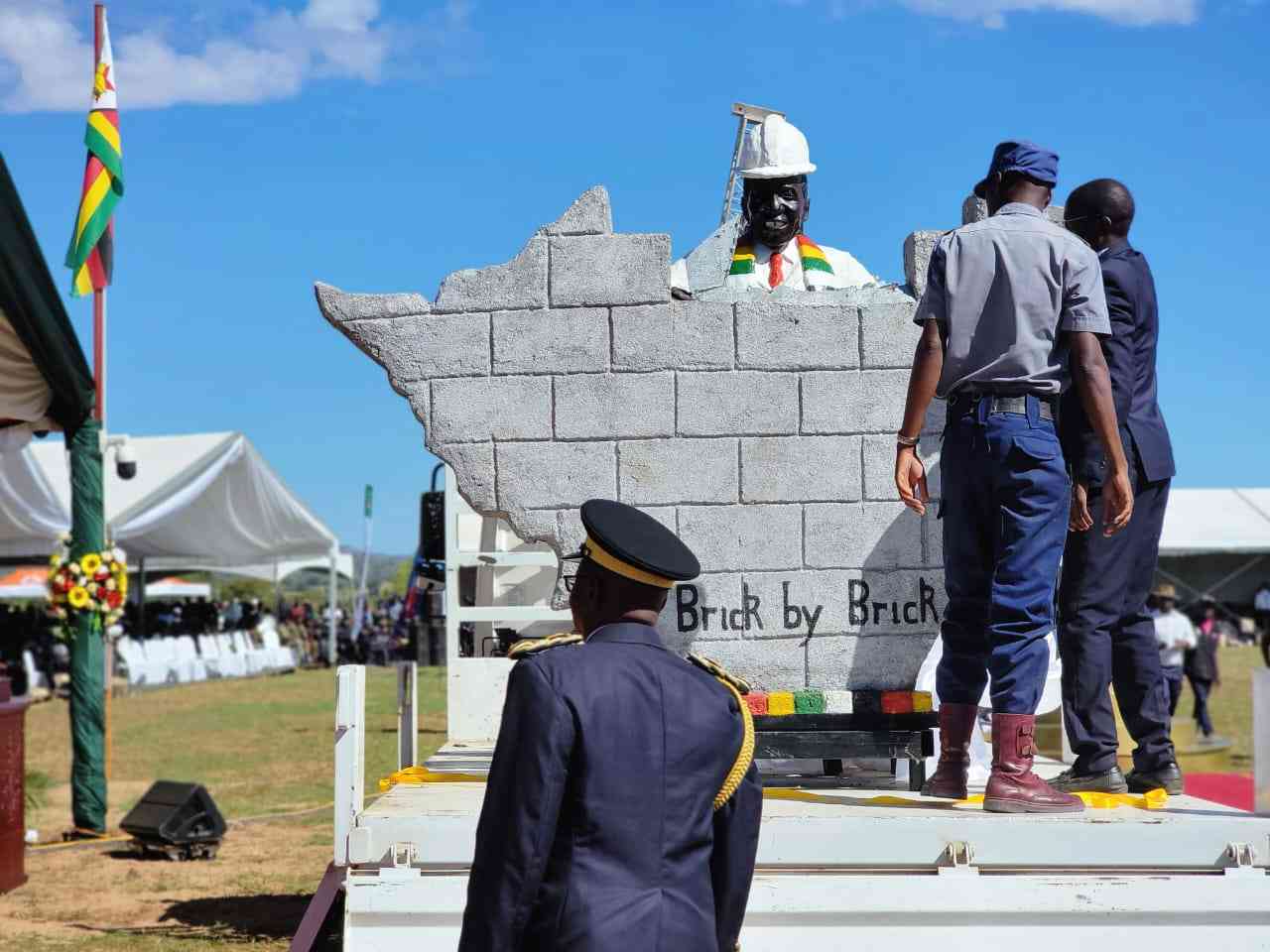
THE fight for better pay by teachers appears to be losing steam, three weeks into the new term, with no pay rise, bruised egos and the still incapacitated educators on the ropes.
Last week, the largest union, the Zimbabwe Teachers Union (Zimta), urged its members to return to work ahead of the government deadline yesterday for them to end the job action or risk being fired.
That was game over, despite other unions vowing to soldier on until their salary demands are met.
The teachers are just too divided and their inability to speak with one voice has cost them dearly.
Zimta, with about 42 000 members, knows that its voice makes the loudest noise, and with it being part of the struggle, the teachers had a chance.
To bolster their struggle, even headmasters had joined the struggle. This removed the threat of victimisation usually perpetrated by the heads on behalf of government.
Zimta president Richard Gundani said his union’s decision to abandon the struggle was meant to protect the education sector.
“Incapacitation is not an imagined situation, incapacitation is not a strike, and it is a real situation which comes about with a cause, which is the salary. As a result, absenteeism becomes the order of the day,” he said.
- Chamisa under fire over US$120K donation
- Mavhunga puts DeMbare into Chibuku quarterfinals
- Pension funds bet on Cabora Bassa oilfields
- Councils defy govt fire tender directive
Keep Reading
“We have lessons to take away from the situation which is to say education is the loser and the learners are the losers. As we agree to go back to work from February 22, we are protecting professionalism. We are committed educators and we respect this noble profession, and that is why we are educators. We have committed ourselves that the best foot forward is to engage in constructive engagement and social dialogue with the government so that any industrial conflict is ultimately resolved.”
That makes no sense at all. The reason the teachers stopped reporting for work was because government has, for years, ignored their pleas for a living wage. Dialogue had failed to bring desired results.
Headmasters said they had been engaging government since October last year over poor salaries, but were ignored.
“We are simply saying we have no capacity to report to work, and are not capacitated to work. It is unfortunate that after declaring incapacitation we have received threats. Teachers cannot afford bus fare to work, and as school heads and teachers, we have no capacity to even send our children to school,” Zimbabwe National Union of School Heads secretary-general Munyaradzi Majoni said when schools opened.
Last week, government awarded a 20% salary increase, US$100 in hard currency from March converted from the local currency component, and pledged to pay tuition fees for three biological children of civil servants, among other non-monetary interventions.
Teachers say this is nowhere near enough to meet their needs. What has changed? Teachers remain “incapacitated”, and many may not have their jobs anymore, thanks to the ineptitude of their leaders.
Until educators learn to speak with one voice, they will always be downtrodden.











